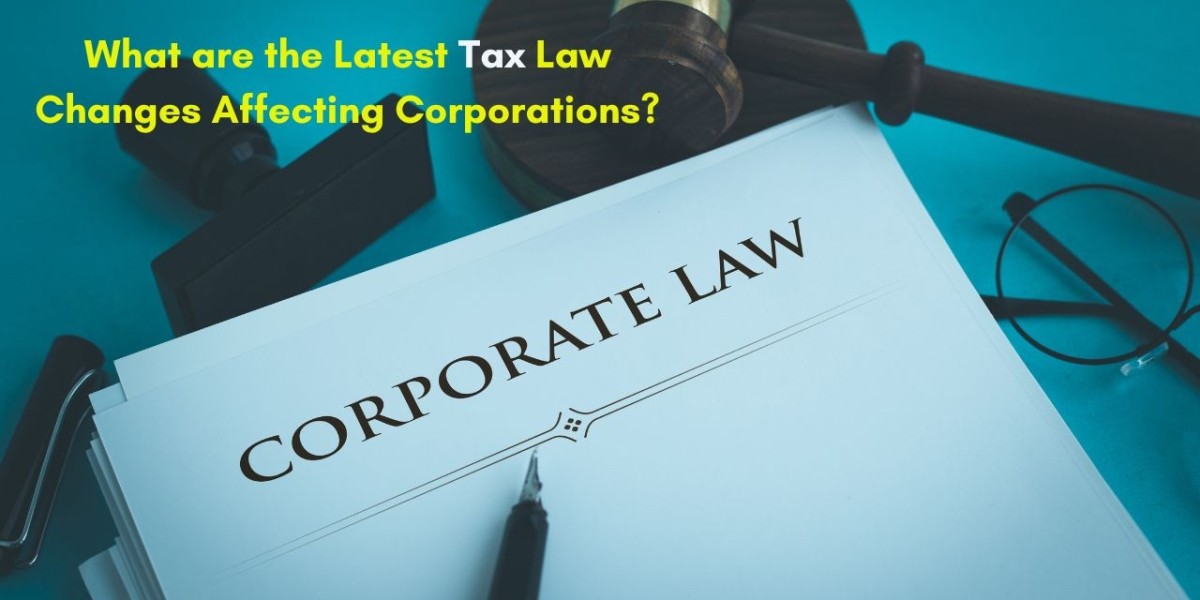What Are Criminal Charges?
Criminal charges are formal accusations made by a government authority, usually a prosecutor, alleging that a person has committed a crime. These charges are the starting point for criminal proceedings and set the stage for the legal process that follows.
- A criminal charge is typically issued after an investigation, during which law enforcement gathers evidence and determines whether there is enough proof to accuse someone of a crime.
- Criminal charges can range from minor infractions to serious felonies and come with varying legal procedures.
Types of Criminal Charges
Criminal charges can be classified based on the severity of the crime. These charges are typically divided into the following categories:
- Misdemeanors: These are less severe offenses, often punishable by fines or short-term imprisonment.
- Felonies: Serious crimes, such as robbery or murder, which may result in long-term imprisonment or even the death penalty in extreme cases.
- Infractions: Minor violations like traffic offenses, often resulting in a fine rather than jail time.
Each type of charge requires different legal proceedings, evidence standards, and penalties if the defendant is convicted.
The Criminal Charge Process
Once criminal charges are filed, a defendant must navigate a complex legal system. Understanding the process can help individuals prepare for what to expect during the proceedings:
- Investigation and Arrest: Law enforcement conducts an investigation, which may lead to an arrest if there is enough evidence to suggest that the individual committed the crime.
- Initial Hearing and Arraignment: After an arrest, the defendant is brought to court, where they will be informed of the charges against them, and a plea will be entered.
- Pre-trial Motions and Negotiations: Before the trial begins, both the defense and prosecution may file motions, request evidence, or negotiate potential plea deals.
- Trial: If the case goes to trial, a judge or jury will hear both sides and determine the outcome.
Potential Consequences of Criminal Charges
The consequences of criminal charges can vary significantly depending on the nature of the crime, the evidence presented, and the defendant’s prior criminal history. Some potential consequences include:
- Imprisonment: A conviction for certain crimes may result in jail or prison time, ranging from a few days to life imprisonment.
- Fines and Restitution: A convicted person may be required to pay fines or compensation to victims as part of their sentence.
- Probation or Parole: In some cases, a judge may offer probation or parole instead of jail time, allowing the defendant to remain in the community under supervision.
- Criminal Record: A criminal conviction can result in a permanent criminal record, which can impact future employment, housing, and travel opportunities.
Defending Against Criminal Charges
If you are facing criminal charges, it is essential to mount an effective defense. The defense strategy can vary depending on the specifics of the case and the type of crime committed:
- Alibi Defense: The defendant may argue they were not present at the scene of the crime, supported by evidence or witnesses.
- Self-Defense: In cases involving violent crime, a defendant may argue that they acted in self-defense to protect themselves from harm.
- Lack of Evidence: The defense may argue that there is insufficient evidence to support the charges or that the evidence is unreliable.
- Constitutional Violations: If law enforcement violated the defendant's rights during the investigation or arrest, the defense may argue that the case should be dismissed or the evidence should be excluded.
How a Criminal Defense Attorney Can Help
Navigating criminal charges can be overwhelming without proper legal representation. A criminal defense attorney plays a crucial role in ensuring that the defendant's rights are protected and that they receive a fair trial. Here's how an attorney can help:
- Expert Legal Advice: A criminal defense attorney provides advice on the best course of action, helping the defendant understand their rights and options.
- Investigation and Evidence Collection: Attorneys work with investigators to gather evidence that may support the defense case or challenge the prosecution’s evidence.
- Plea Negotiations: An experienced attorney may negotiate with prosecutors to secure a plea deal, potentially reducing the charges or penalties.
- Trial Representation: If the case goes to trial, a defense attorney will represent the defendant, presenting evidence and arguing their case in court.
With the right legal support, individuals facing criminal charges have a better chance of achieving a favorable outcome.
#law #lawyers #legal #legalservices #us #usa #va #virginia #ny #nyc #newyork #criminallawyers #criminalcharges #criminal #services #buisness







